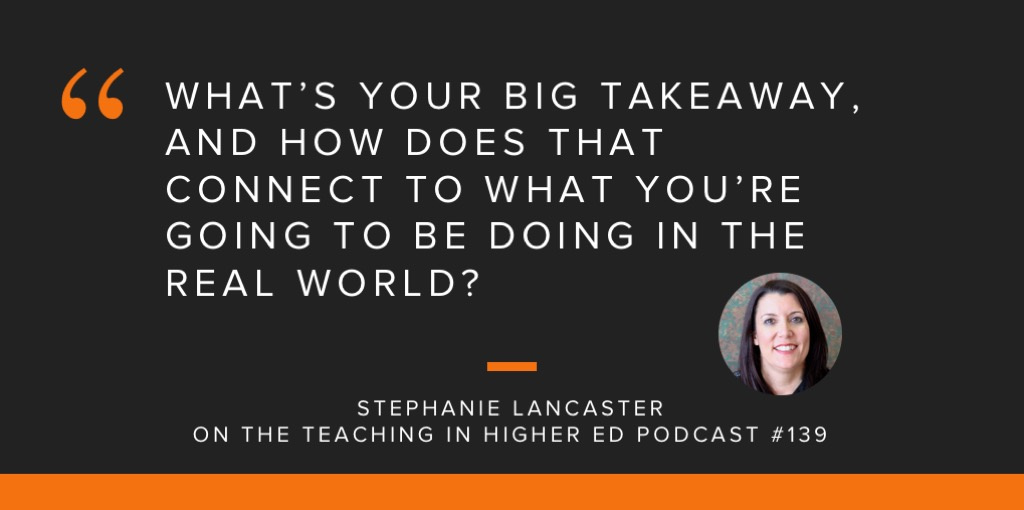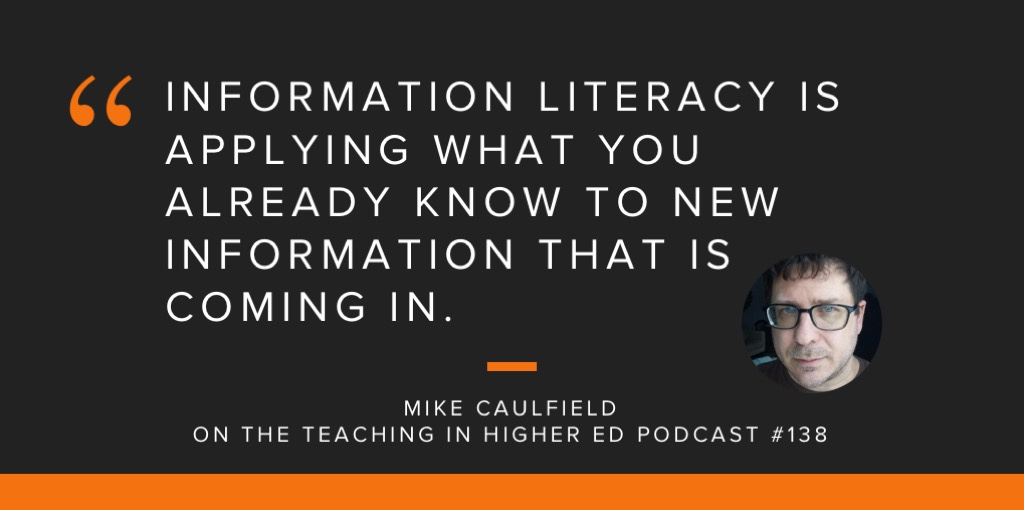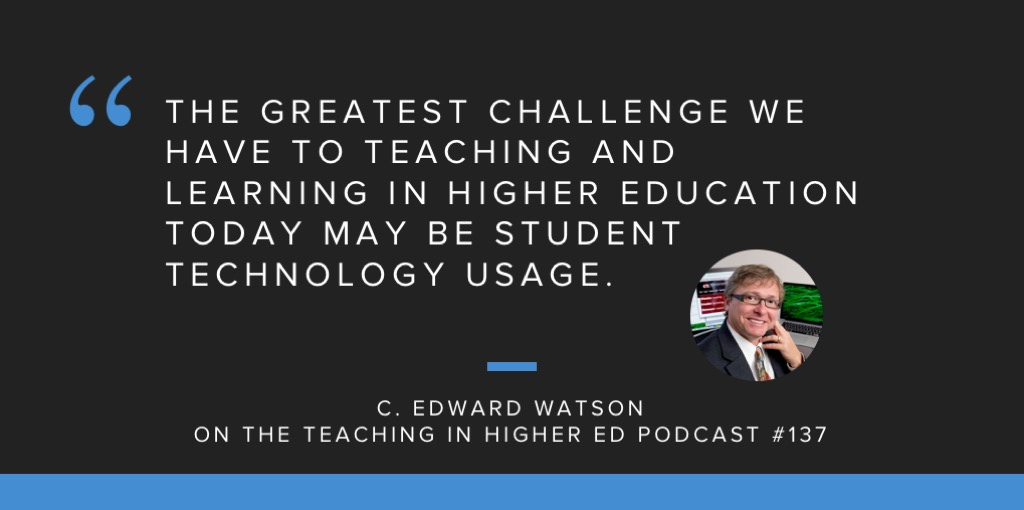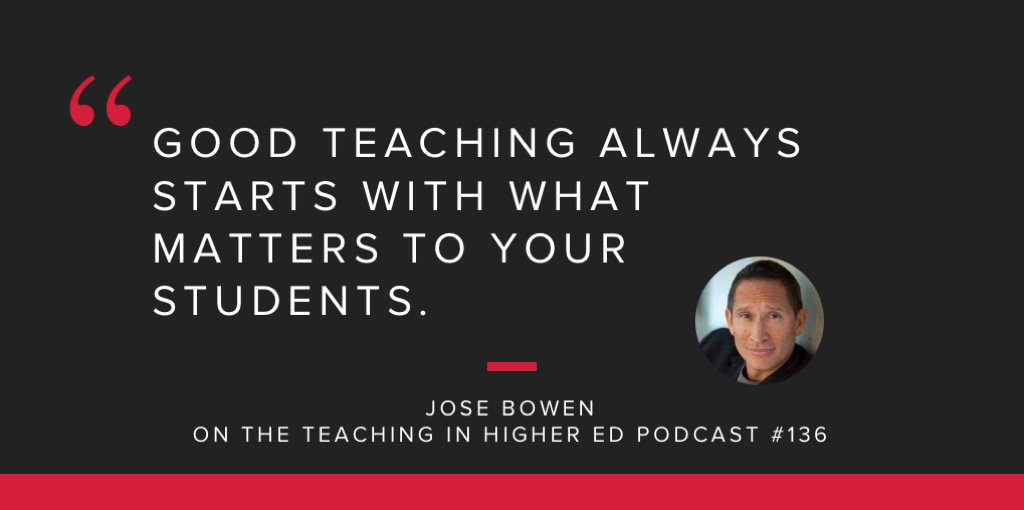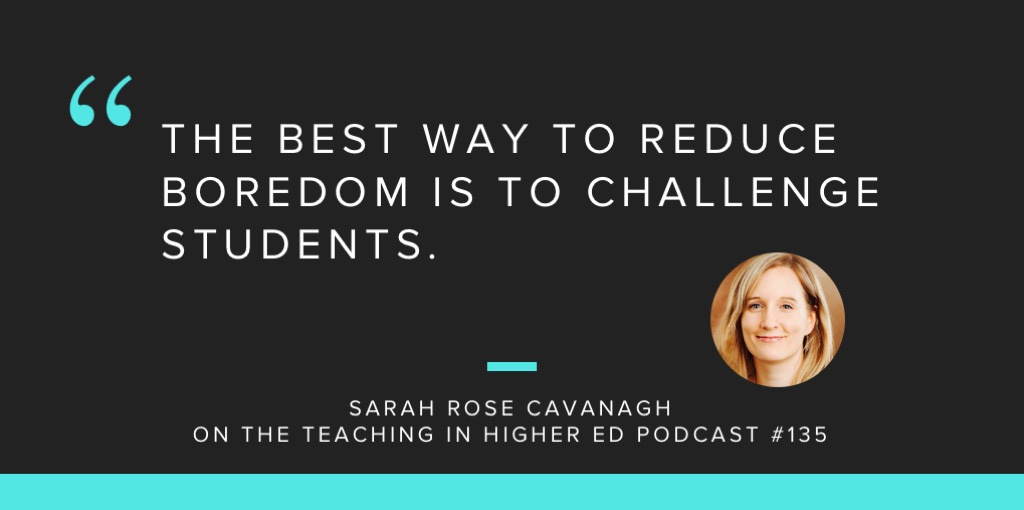Stephanie Lancaster shares ways to effectively debrief with our students on episode 139 of the Teaching in Higher Ed podcast.
Quotes from the episode
The role of any educator is to be there for their students: someone to talk to and lean on, or just to be with in times of need.
–Stephanie Lancaster
I learned the power of reflection in teaching and learning.
–Stephanie Lancaster
Debriefing is the process of strategically examining and analyzing what happened after the completion of an event or activity, within the context of learning.
–Stephanie Lancaster
What’s your big takeaway, and how does that connect to what you’re going to be doing in the real world?
–Stephanie Lancaster
The biggest challenge is that my students tend to want to talk just to me … really what I want them to do is to talk to each other.
–Stephanie Lancaster
Resources Mentioned
- Epilogue – Stephanie’s blog post about her dad’s care after his diagnosis
- The 3D model of debriefing: defusing, discovering, and deepening:
- Pre-briefing
- Diffusing
- Discovering
- Deepening
- Wrap Up
- TIHE episode 98: Stephen Brookfield – The Skillful Teacher
- TIHE episode 15: Stephen Brookfield – How to Get Students to Participate in Discussion
- The Skillful Teacher: On Technique, Trust, and Responsiveness in the Classroom* by Stephen Brookfield
- Discussion as a Way of Teaching: Tools and Techniques for Democratic Classrooms * by Stephen Brookfield
Are You Enjoying the Show?
- Rate/review the show. Please consider rating or leaving a review for the Teaching in Higher Ed podcast on whatever service you use to listen to it on (iTunes, Stitcher, etc.). It is the best way to help others discover the show.
- Give feedback. As always, I welcome suggestions for future topics or guests.
- Subscribe. If you have yet to subscribe to the weekly update, you can receive a single email each week with the show notes (including all the links we talk about on the episode), as well as an article on either teaching or productivity.
